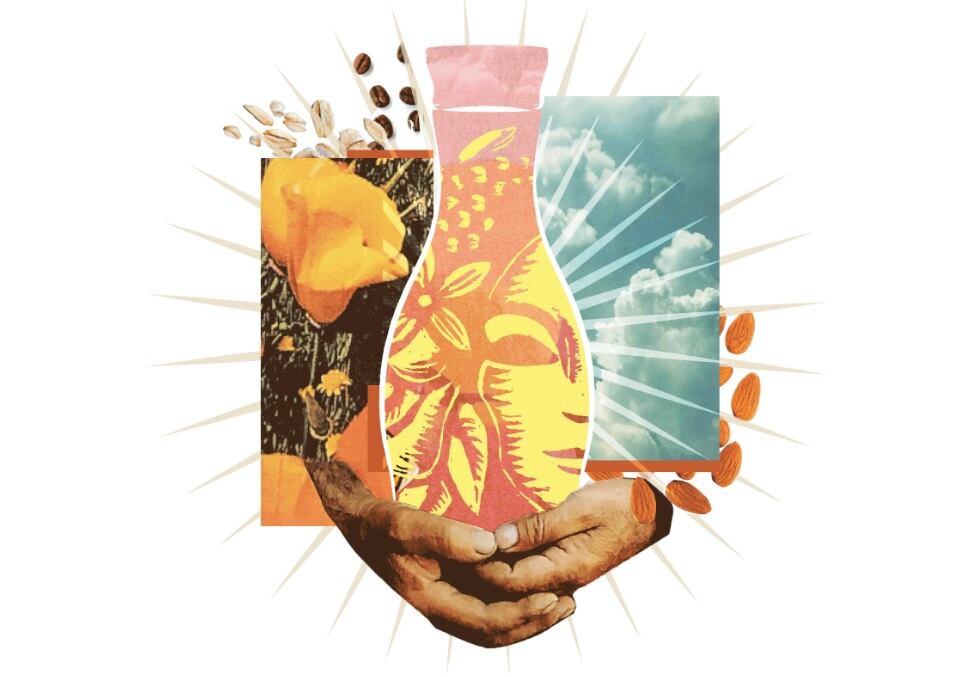At the same time, Black shoppers can leverage their formative buying power to lift up Black-owned businesses not only by buying their products, but also by asking their local stores to stock them and telling friends and family about them, Black entrepreneurs gathered by the Marketing Opportunities in Business and Entertainment added during one of the group’s recent weekly webinars.
In return, Black entrepreneurs can generate more brand awareness, trial and loyalty among consumers by engaging with them at the community level and tackling shared challenges, including health disparities, they add.
What Black shoppers want
“From COVID-19 to the social unrest that we have seen, there have been myriad things that have happened and amped up consumers’ and retailer and manufacturer emphasis on how they can better reach African-Americans, because of Black Lives Matter, and we have seen there have been some positive stories,” Cheryl Grace, senior vice president of US Strategic Community Alliances and Consumer Engagement at Nielsen, told attendees during the recent MOBE event.
But, she added, industry, consumers and brand manufacturers can all do more to effectively meet the needs and lift up Black entrepreneurs, shoppers and communities.
To do that, stakeholders must first recognize the influence, reach and needs of the Black community in America, she said.
“We need to start by recognizing what our buying power is. Right now we have $1.4 trillion of annual buying power. That number is almost $1.5 trillion as we speak and by 2024 we are expected to have $1.8 trillion buying power,” she said.
In addition, she noted, Black consumers “make a lot of trips to the grocery store. On average, we shop more often than white households, Hispanic households and Asian households. We make about 141 trips a year to buy groceries and that is compared to 127 by the Hispanic community, 128 by the white community and 129 by the Asian community.”
That is a lot of opportunities for retailers, entrepreneurs and brands to engage directly with Black shoppers and one way to do that is by offering them products they want and need, she said.
For example, Grace said, among the categories with the highest engagement index by Black shoppers are single serve snacks, in which Black shoppers over-index compared to the total population by 37% when it comes to buying gum and mints, 119% when it comes to pork snacks, 38% for non-chocolate snacks and 15% for potato snacks.
The top five highest indexing grocery products for Black shoppers, according to Nielsen, include Quaker Quick Grits, which pulled in $19m from Black shoppers last year, Louisiana Fish Fry products, on which Black shoppers spent about $11m on their coating mixes, Glory Foods’ cooking greens, on which Black shoppers spent $7m last year and, finally, Jay’s potato chips, which earned $2.7m from Black shoppers last year.
Highlight local, healthy solutions
Beyond specific categories and foods, entrepreneurs and retailers who want to better engage with Black shoppers can do so by more prominently featuring locally sourced foods or engaging with them at the community level, suggested Grace and the Black entrepreneurs gathered with her during the event.
“When you talk about African-American consumers, one of the things we don’t hear a lot of banter about is how important buying locally is for us,” said Grace, noting Nielsen data that found 61% of Black shoppers prioritized buying local produce, 56% local baked goods, 56% locally prepared food and 55% locally sourced eggs.
Directly addressing Black consumers’ health concerns is another effective way to generate trial and loyalty, Grace said.
“We have the same level of concern as the rest of Americans do when it comes to the food and beverages we are going to consume in the next five years. However, we are uniquely worried about sodium intake, hormones and antibiotics in our foods – a lot of that has to do with health-related issues we need to be aware of” that are highly concentrated in the Black community, she said.
Focus on health can drive Black purchases
Connecting with Black consumers around health has helped drive sales of Uncle Wiley’s Specialty Foods Inc., which offers healthy seasoning and spice blends that consumers can use to cut cholesterol and fat, but not flavor, in traditional dishes.
“Health is a real issue in the Black community, and I think that this is one of the great things that Black entrepreneurs can do. We know the problems that we have in our community and, therefore, we need to get out and” solve them, said Wiley Mullins, founder and president of Uncle Wiley’s Specialty Foods.
To help promote his better-for-you spice blends and address health challenges in the Black community, Mullins said that he runs an initiative with the Yale University Hospital called Every Inch Matters in which he gives away measuring tapes that indicate a healthy waistline and the danger zone for developing diet related chronic illnesses, such as Type 2 diabetes, heart disease or a stroke.
“This is a simple way of letting people know [about health risks] and has been so successful. At Yale New Haven Hospital, they have given these out to people and they know me and they know the products we have and it has been a great project,” he said. “You would not believe how many letters, comments and phone calls we get from people saying thank you.”
Allison Collins of Select Foods, which markets premium gluten-free and preservative-free barbeque sauce and mambo sauce agrees that connecting with the Black community around health and better-for-you foods is an effective way that she too has generated sales and consumer loyalty.
But, she added, this message would be more impactful if more grocery retailers also echoed it.
“Diversity and inclusion has been a big campaign initiative that retailers have undertaken over the last couple of decades, but how that is implemented is different retailers to retailer,” she said.
She explained that while many companies and executives have made commitments of support for the social equality movement, many buyers and lower-level executives remain focused on different goals, such as driving sales.
“Given this environment and the idea that a lot of retailers have made a commitment to social justice issues, one thing that we kind of talk about as a social justice issue is just economic development and economic growth and partnerships with African-American businesses, but that is sustainable. And so, as [retailers] think about what kind of efforts to make … [they should look] at how we can support African-American businesses in a sustainable way so that, to Wylie’s point, these businesses can play an even more significant role in their local communities.”
Building Black shopper loyalty
The ongoing social movement for equality has also created a unique consumer interested in and demand for products by black-owned companies, which retailers can better leverage through in-store and online promotions, said Ron Damper, president and founder of Damron Corp., which makes hot and iced teas.
“Most of the supermarkets need a program that will concentrate on building loyalty among their African-American suppliers and customers,” said Damper. He recommended that the programs include highlighting in advertising and marketing more products made by and for Black shoppers.
He also suggested that retailers reduce or eliminate slotting fees and offer distribution assistance to emerging Black-owned brands to help ease the financial burden faced by Black entrepreneurs. Research shows that Black entrepreneurs are less likely to secure outside investment and may not have access to a network of friends and family who are affluent as those by entrepreneurs who are white.
While Collins agreed that retailers could do more to support Black entrepreneurs, she also called on consumers to “continue to be vigilant when you go into the store and you are seeking out products made by African-Americans.”
She urges shoppers to ask for products from Black-owned businesses, which can either place brands on buyers’ radars or make them more likely to give shelf space to a new company.
Mullins added that one of the best ways for retailers and brands to reach Black shoppers is through social media and through their mobile phones. Citing Nielsen data he said that Black shoppers have the highest usage on a percentage basis of social media usage via cell phones of any demographic group in the US.
He also reiterated that while products made by Black owned businesses may address specific needs or challenges within the Black community, they often have broader appeal to all consumers and, therefore, should not be dismissed as “too niche.”
“I have some retailers tell me that their customers don’t necessarily eat soul food. And I say, ‘Listen. Dr. Oz is talking about collard greens, Martha Stewart has them in her cookbook and everyone is looking for them, but they don’t know how to cook them. And I can help help.’”
Ultimately, lifting up Black entrepreneurs and meeting the needs of Black shoppers will require a multi-prong approach, the panelists agree. They added that as retailers test and identify the best promotional tools they need to maintain open communication with suppliers and shoppers alike.




